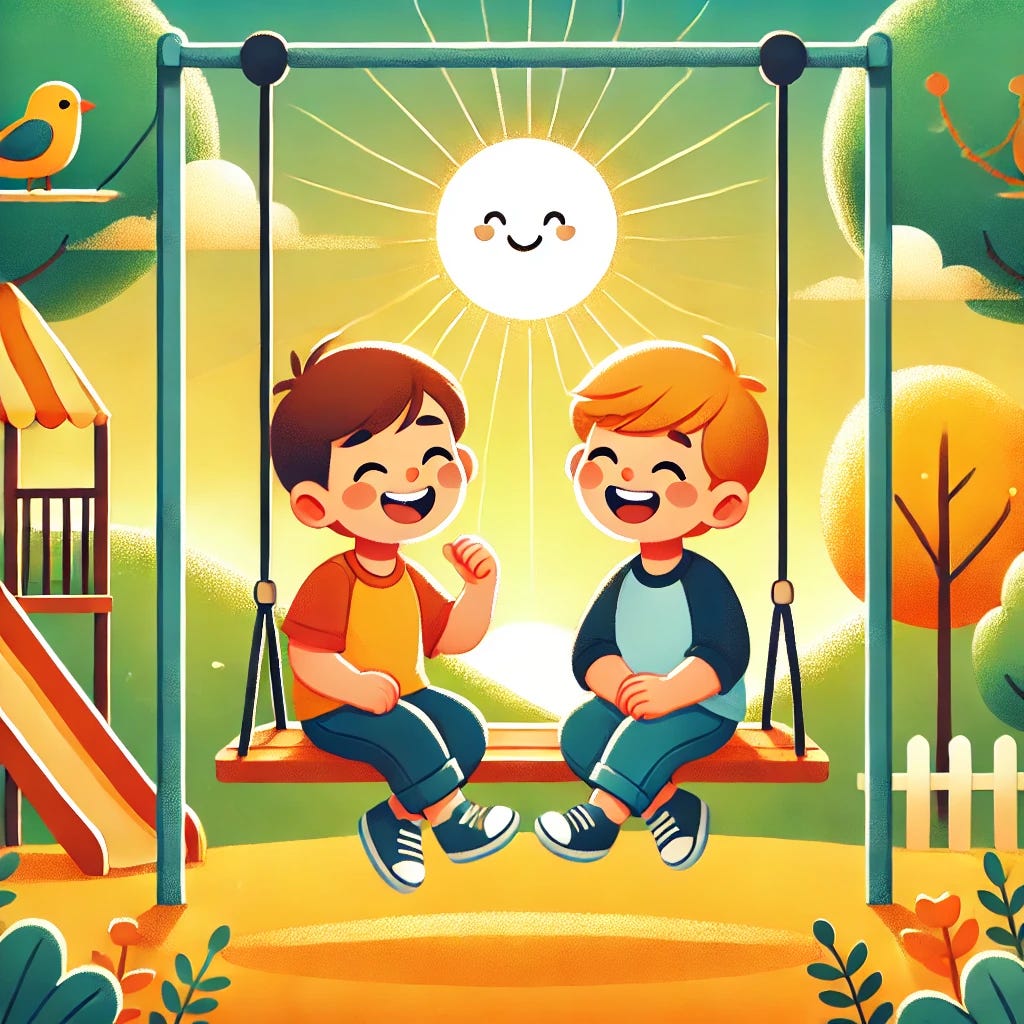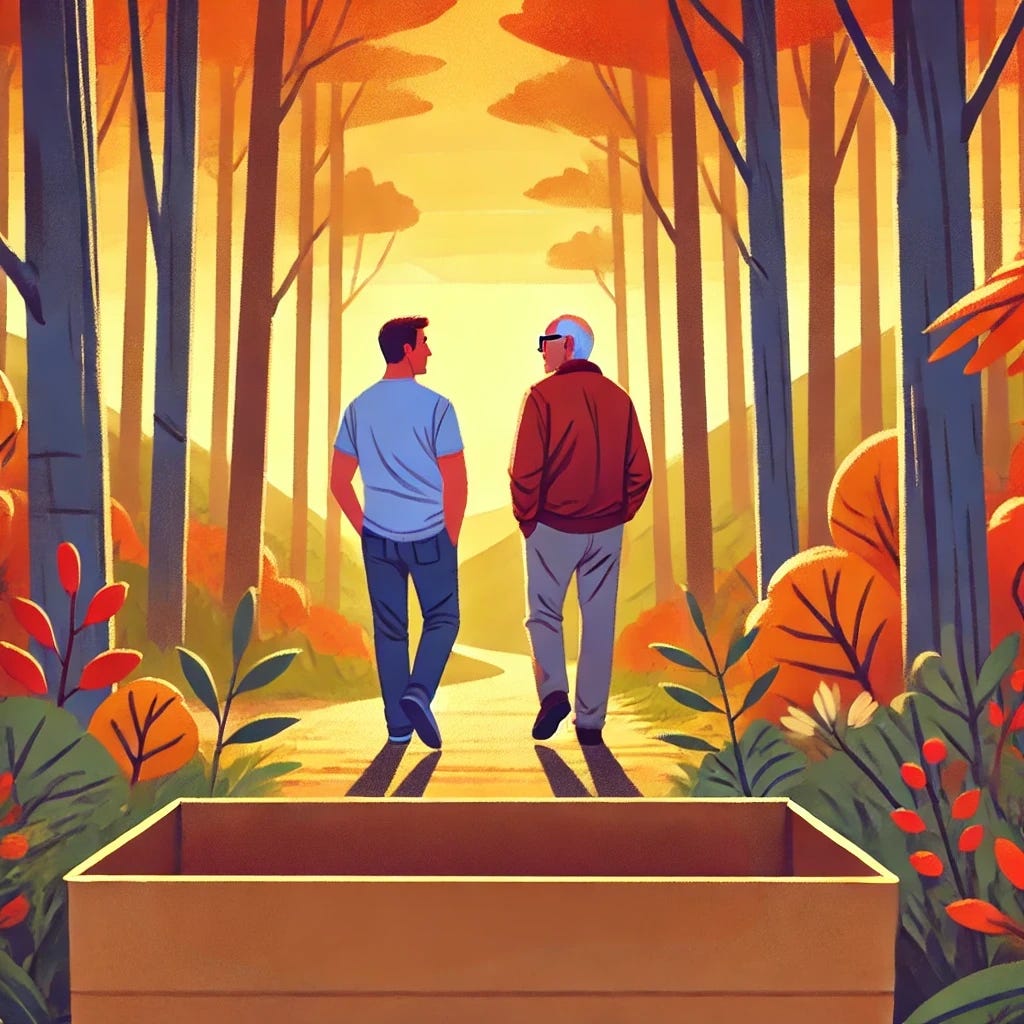Reflecting on the state of male friendships in our culture, I find myself grappling with profound questions about connection, vulnerability, and the societal constructs that shape our relationships. As boys, many of us are immersed in rich, intimate friendships—relationships where we openly share emotions, lean on one another for support, and experience a bond that feels almost sacred. Yet somewhere along the way, these connections often falter, replaced by distance, awkwardness, or outright isolation. What happens to that capacity for connection as we transition into adulthood?
Our culture is steeped in a particular notion of masculinity—one that equates emotional vulnerability with weakness, discouraging men from nurturing the very relationships that sustain them. The expectation to be strong, independent, and stoic doesn’t just narrow our emotional range; it impoverishes our lives. This hypermasculine ideal teaches men to suppress their feelings and devalue friendships. It convinces us that intimacy with other men is either unnecessary or suspect, a harmful narrative that leaves many of us feeling deeply alone.
This isolation has tangible consequences. Research consistently links strong social connections to better physical and mental health, even a longer life. Conversely, loneliness takes a profound toll, affecting everything from our emotional well-being to our risk of chronic illness. It’s heartbreaking to realize that the warmth and closeness we experience in childhood—the lifeline of close friendships—often dissipates just when we need it most: during the trials of adulthood.
I see the results of this dynamic all around me. Middle-aged men, once vibrant and connected, often find themselves adrift, with only surface-level acquaintances or a single partner to meet their emotional needs. We lean too heavily on romantic relationships to fill the void, placing immense pressure on our spouses while neglecting the broader social networks that once enriched our lives. In the absence of these connections, men can descend into patterns of withdrawal, coping through work, exercise, or even substance abuse, but rarely addressing the root of their loneliness.
But this isn’t inevitable. As I think back to the emotional expressiveness boys display—how they articulate their love for friends and the pain of losing those connections—I realize that the capacity for intimacy never truly disappears. It’s stifled, not extinguished, by societal expectations. Boys are taught to "man up," but the cost of this lesson is staggering: a generation of men who are emotionally stunted, struggling to maintain the deep friendships that bring meaning to life.
To reverse this trend, we must challenge the norms that perpetuate hypermasculinity. We need to normalize vulnerability and emotional expression for boys and men. We must celebrate male friendships and teach young men that intimacy is a strength, not a weakness. As a culture, we have the power to reshape these narratives. Look at the progress we’ve made in embracing diverse expressions of identity and love; we can do the same for male friendships.
It’s not just about individual effort—it’s about collective change. Schools, workplaces, and communities must create spaces where men can forge and sustain meaningful connections. It’s about reaching out to the friend you’ve lost touch with, valuing conversations that go beyond the surface, and recognizing that asking for support is an act of courage, not shame.
Ultimately, what we need is a cultural shift—a rejection of the idea that being a man means standing alone. Because the truth is, we were never meant to. Human beings thrive in connection, and it’s time we gave men the permission, encouragement, and tools to embrace that truth. In doing so, we can reclaim the richness of relationships that define a life well lived.







